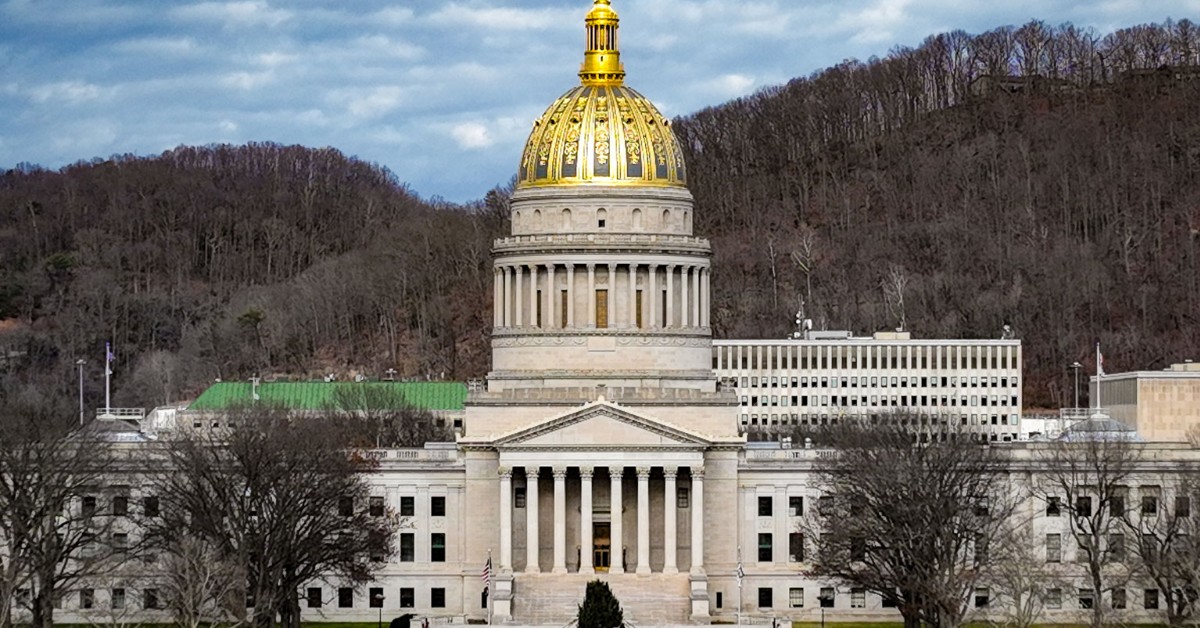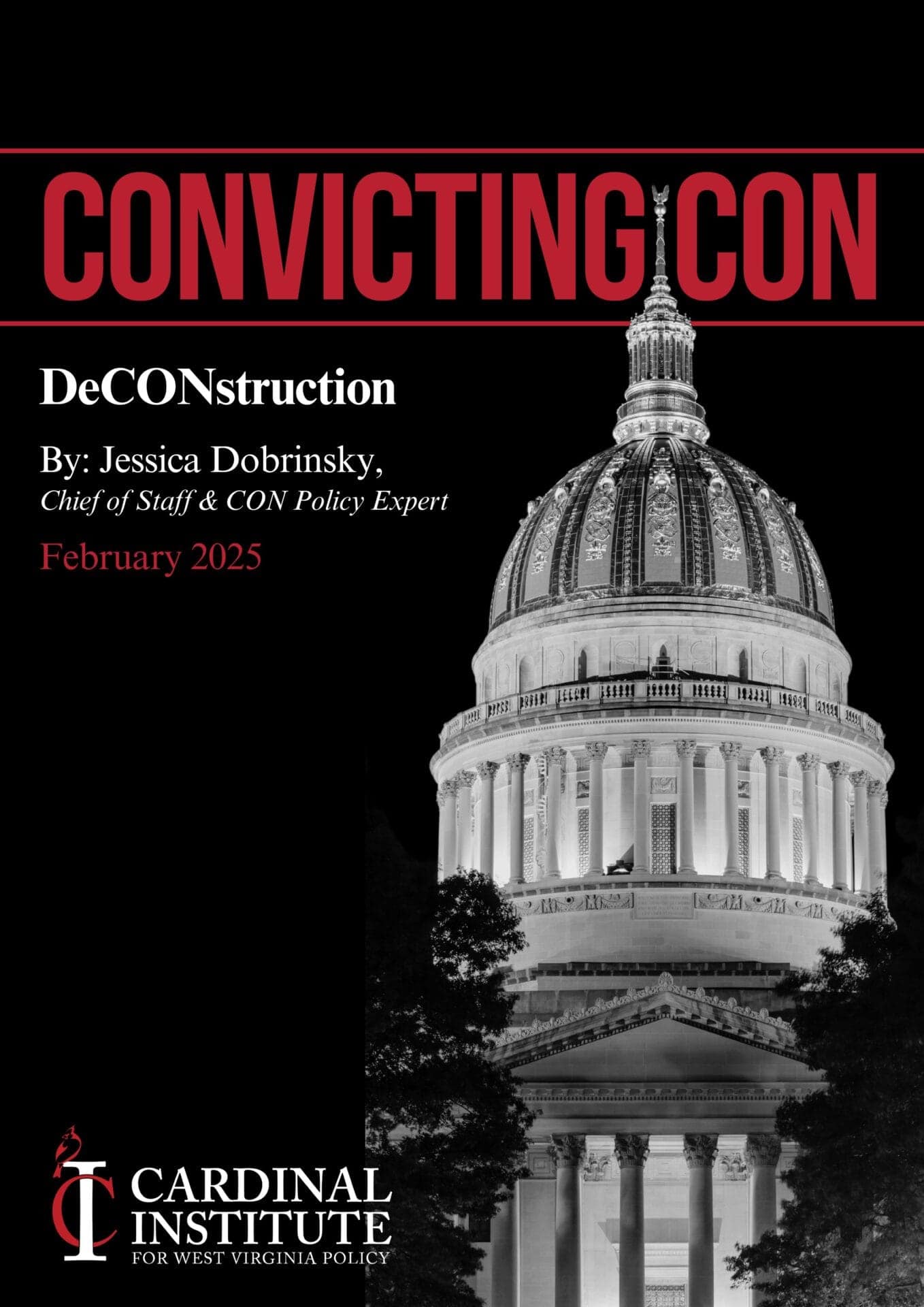
Education Reform Success Will (Luckily) Depend on Reformers
Success in Public Policy Reform
You’ll have to excuse me for a moment. . . I was calculating how long I’ve been formally employed in the nonprofit public policy industry. I think I may have suffered what I’ll call a “revelatory aneurysm.” I have been working in public policy reform for 13 years.
Over that time, I have had the good fortune of working on and studying many policy areas. I have dabbled in monetary policy, financial regulation, welfare policy, healthcare reform, tax issues, and, most recently, education choice.
Every one of those policy areas has its specialists, “wonks,” upon whose ideas the success of the policy depends. However, there is something special about education choice policy. So much of its success is dependent upon those individuals not actually employed or working in the policy space.
For example, monetary policy’s success, whether that’s in terms of employment or hitting inflation targets, will largely depend on the quality of those targets and the policy instruments used to achieve them by the members of the Federal Reserve Board of Governors. Similarly, welfare policy’s success depends on the efficacy of laws passed by government and those tasked within the bureaucracy with administering those laws. Reasonable people may disagree about what success looks like in an area like welfare policy. But there can be little disagreement about whose shoulders success falls on.
Education is different. Much different.
Education Policy Reform Success
I recently attended a small gathering of education reformers from across the country. They came from a variety of backgrounds but were primarily school leaders, volunteers, teachers, and parents. Like many other education reform gatherings I’ve attended it had a special air about it. There were passionate voices, a spirit of cooperation permeating the air, and a single-mindedness towards improving education for children. Now, that is not to say that monetary policy and tax policy don’t have passionate voices with a dedication to seeing good policy enacted. However, there is something fundamentally different about education reformers.
What is it? Skin in the game.
Education Reform Depends on Education Reformers
Parents, guardians, principals, teachers, and counselors are all intimately involved with, and greatly affected by, the children on the receiving side of education reform policies. There is simply more at stake for individuals working to implement education choice reforms.
With the recent success of education choice policies in the states, it’s an exciting, yet daunting, time to work in education in this country. Hundreds of thousands, if not millions, of children will be newly eligible for vouchers, education savings account programs, and tax credit scholarships. Many of those families will navigate education choice programs for the first time in their respective lives. So, it would be reasonable for education reform professionals to get a bit of heartburn about how these new programs will operate in their infancy. What about fraud? What about accidental misspending? How will the bureaucracies respond to parental demands?
All valid concerns, certainly. But they should take solace knowing there is no policy area in the country filled with more passionate, invested reformers with *substantial skin the game* than education choice. They’re parents, grandparents, teachers, microschool founders, principals, counselors, and many, may others.
The education reform movement is in great hands.
Garrett Ballengee is the Executive Director of the Cardinal Institute for West Virginia Policy.








